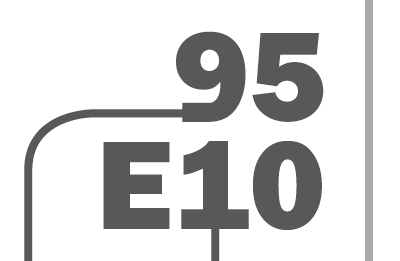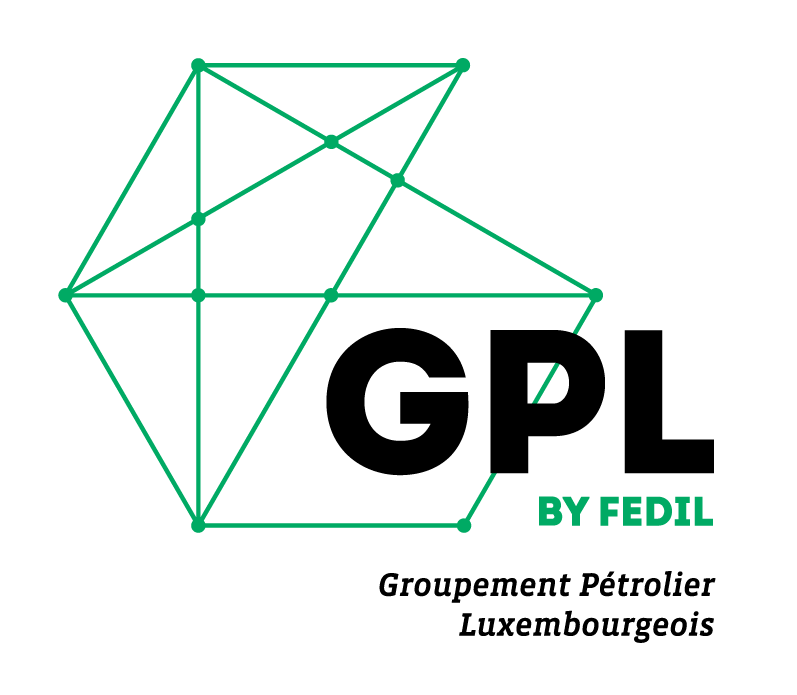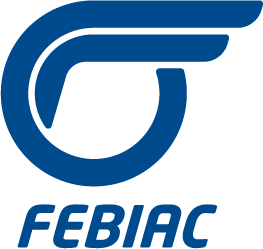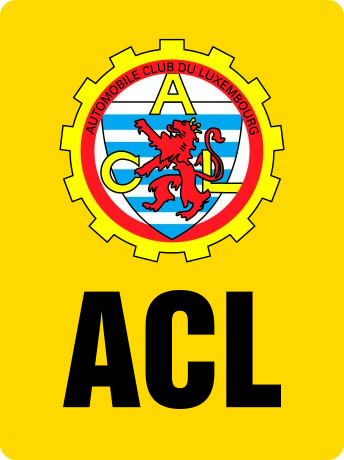95 E10 is a gasoline type fuel that will replace 95 E5 gasoline as per January 2019 in Luxembourg.
Legal Context
The directives 2009/28/CE & 2015/1513 on the promotion of the use of energy produced from renewable resources impose on the transport sector an objective of 10% renewable energies until 2020. In Luxembourg, one of the measures consists of the introduction of 95 E10 gasoline as per January 2019 containing up to 10% bioethanol.
The aim is primarily to reduce CO2 emissions and other greenhouse gas emissions from gasoline-powered vehicles and to enable Luxembourg to meet its renewable energy targets in the transport sector until 2020.
95 E10 will contain up to 10% of renewable energy in the form of ethanol. This type of gasoline has been available for years in our neighbouring countries, with Belgium having switched over to 95 E10 in January 2017.
The name E10 is composed of “E” for ethanol and “10” for 10% (maximum). According to the standards, this fuel can therefore contain up to 10% of bioethanol.
For many years, manufacturers have prepared their vehicles for this proportion of bioethanol in gasoline; thus the vast majority of vehicles currently in circulation are compatible with this level of bioethanol. Since the beginning of 2015, gasoline 95 marketed in Luxembourg already contains bioethanol, up to a maximum of 5%.
Advantages and challenges of bioethanol
Bioethanol is a renewable product resulting from the processing of agricultural raw materials and having a globally favourable carbon footprint.
Bioethanol used in fuels sold in Luxembourg is certified according to criteria established by the European Union in terms of respect for biodiversity and reduction of greenhouse gas emissions.
Gasoline 95 E10 containing twice as much bioethanol (maximum 10%) as 95 E5 gasoline (5% maximum) will contribute to a reduction of our CO2 emissions. It is in this sense that the 95 E10 gasoline is a more environmentally friendly fuel.







